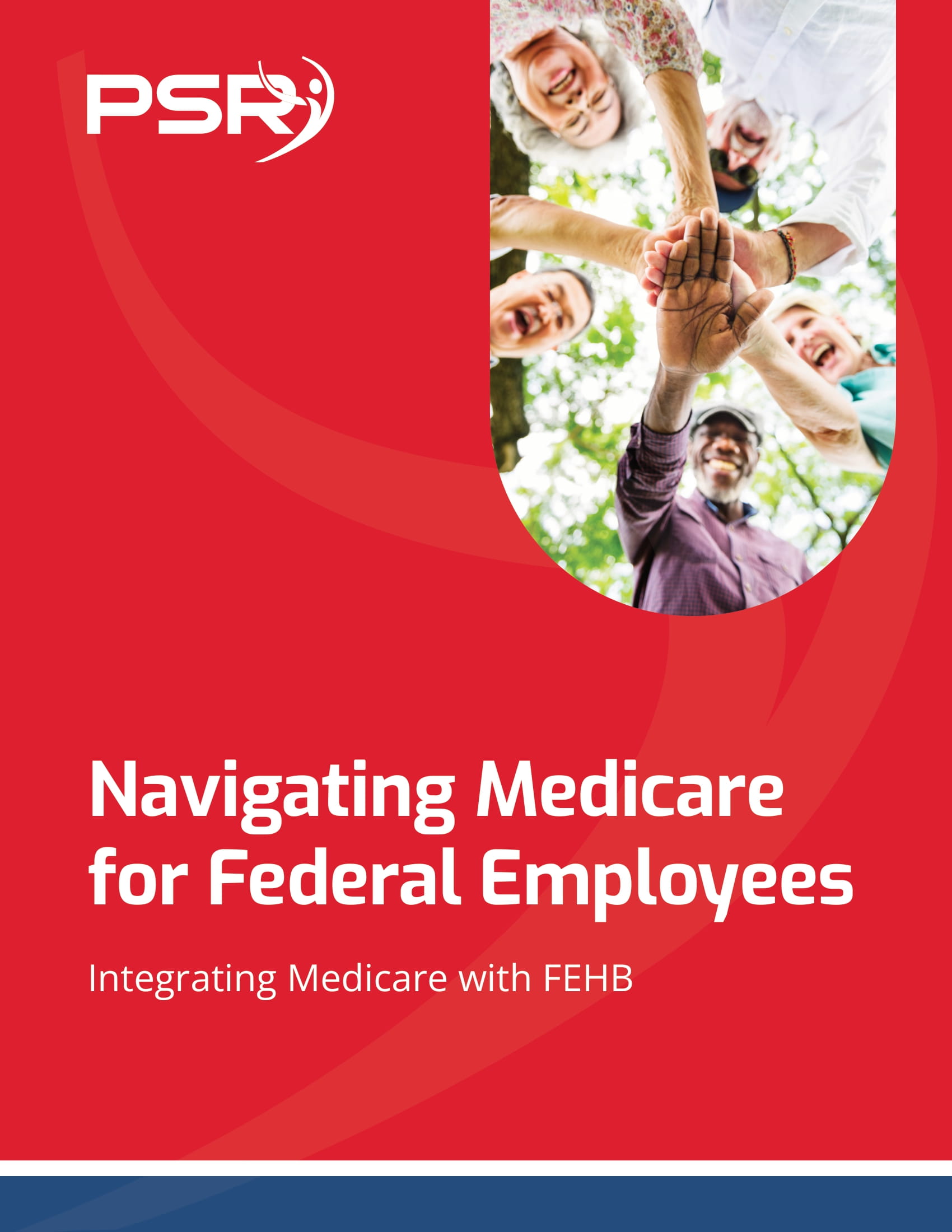Delaying your first Social Security check until you’re 70 is commonly thought to be wise, but this isn’t always the case.
If you’re attempting to figure out the best time to claim Social Security, you’re likely to come across several experts who recommend waiting until you’re 70 to begin receiving payments. And this suggestion is sound, as most people benefit from waiting a bit longer.
However, delaying your benefits claim for so long isn’t always the best strategy. It might even cost you thousands of dollars in lost wages. You don’t want to miss out. Therefore, you must know when a delay will cost you money and how to make the best claiming decision for your case.
Is it possible that waiting until you’re 70 to file for Social Security may cost you a fortune?
As soon as you reach the age of 62, you can file for Social Security retirement payments. However, if you want the most considerable monthly payment, you’ll have to wait until you’re 70. With each passing year in which you are eligible for benefits but do not receive them, the amount of each monthly payment increases. It is due to either the absence of early filing penalties, which reduce your regular benefit, or the accumulation of delayed retirement credits, which raise it.
However, you’ll have to forego some payments to earn that bigger check. If you are eligible for benefits at the age of 62 but do not receive them until the age of 63, you will have missed 12 checks. And if you wait until you’re 70, you’ll be missing out on eight years of payments that could have been paid into your bank account. That’s 96 payments you’ll miss out on that could have been yours.
Whether the delay costs you money because of the 96 missed payments or saves you money because of greater payments later will determine how long you live. You must live long enough for the extra money you receive after turning 70 to compensate for the 96 payments you missed completely. You’ll break even if you do that. Furthermore, if you live even longer and continue to get benefits, you will accrue more lifetime benefits.
However, if you die before reaching breakeven, you will forfeit some Social Security benefits that could have been yours. And the money you’ll lose could be significant.
How much would it cost you to file a claim at 70?
Calculate how much total income you miss out on by delaying filing for Social Security benefits to see how much you could lose.
Assume you were on pace to get the average monthly benefit of $1,657. This payment is only payable when you reach full retirement age (FRA), between the ages of 66 and four months and 67. If you had an FRA of 67 and received your first payment at age 62, five years of early filing penalties would reduce your monthly income to $1,160.
Despite the benefits drop, if you began making payments at age 62, the 96 checks you would receive between the ages of 62 and 70 would total $111,360.
Contact Information:
Email: [email protected]
Phone: 3604642979
Bio:
After entering the financial services industry in 1994, it was a desire to guide people towards their financial independence that drove Aaron to start Steele Capital Management in 2013. Armed with an extensive background in financial planning and commercial banking coupled with a sincere passion for helping people, Aaron has the expertise and affinity for serving the unique needs of those in transition. Clients benefit from his objective financial solutions and education aligned solely with
helping them pursue the most comfortable financial life possible.
Born in Olympia, Washington, Aaron spent much of his childhood in Denver, Colorado. An area outside of Phoenix, Arizona, known as the East Valley, occupies a special place in Aaron’s heart. It is where he graduated from Arizona State University with a Bachelor of Science degree in Business Administration, started a family, and advanced his professional career.
Having now returned to his hometown of Olympia, and with the days of coaching his sons football and baseball teams behind him, he now has time to pursue his civic passions. Aaron is proud to serve on the Board of Regents Leadership for Thurston County as the Secretary and Treasurer for the Morningside area. His past affiliations include the West Olympia Rotary and has served on various committees for organizations throughout his community.
Aaron and his beautiful wife, Holly, a Registered Nurse, consider their greatest accomplishment having raised Thomas and Tate, their two intelligent and motivated sons. Their oldest son Tate is following in his father’s entrepreneurial footsteps and currently attends the Carson College of Business at Washington State University. Their beloved youngest son, Thomas, is a student at Olympia High School.
Focused on helping veterans and their families navigate the maze of long-term care solutions, Aaron specializes in customized strategies to avoid the financial crisis that care related expenses can create. Experience has shown him that many seniors are not prepared for the economic transition that takes place as they reach an advanced age.
With support from the American Academy of Benefit Planners – an organization with expertise and resources on the intricacies of government benefits – he helps clients close the gap between the cost of care and their income while protecting their assets from depletion.
Aaron can help you and your family to create, preserve and protect your legacy.
That’s making a difference.
Disclosure:
Investment advisory services are offered through BWM Advisory, LLC (BWM). BWM is registered as an Investment Advisor located in Scottsdale, Arizona, and only conducts business in states where it is properly licensed, notice has been filed, or is excluded from notice filing requirements. This information is not a complete analysis of the topic(s) discussed, is general in nature, and is not personalized investment advice. Nothing in this article is intended to be investment advice. There are risks involved with investing which may include (but are not limited to) market fluctuations and possible loss of principal value. Carefully consider the risks and possible consequences involved prior to making any investment decision. You should consult a professional tax or investment advisor regarding tax and investment implications before taking any investment actions or implementing any investment strategies.













